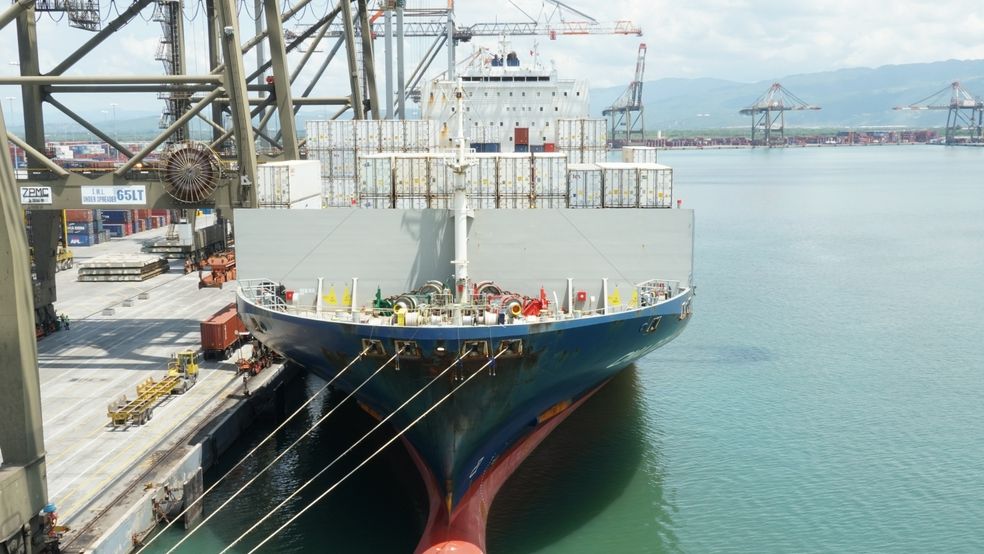IUMI: Cargo insurance market improving
NewsIUMI points to a positive growth of the marine insurance cargo market.
Innovations in energy-efficient refrigeration technologies and sustainable materials contribute to a greener cold chain, aligning with global green initiatives.

Frozen foods must be maintained at the correct temperature during transportation, as temperature fluctuations can cause losses. Transport logistics must therefore be organized to ensure that a controlled temperature range can be maintained from initial loading to destination.
Breaks in the cold chain can render the product unfit for human consumption and even pose a health risk, and damage to frozen food can reduce or eliminate its commercial value, potentially leading to significant claims.
With all these key aspects in mind, the International Union of Marine Insurance (IUMI) organized the “Frozen Food – What Cargo Underwriters Should Be Aware” webinar held on Tuesday, 19 March.
Marc Schuling, Marine Special Practice Group Leader in Sedgwick’s Major & Complex Loss Department, together with Jeff Peters, Marine Surveyor at Sedwick in Boston, USA, discussed the various steps involved in cold chain (container) logistics.
Also, the common pitfalls and risks that cargo underwriters should be aware of to avoid potential claims were highlighted.
Schuling pointed out that reefers account for, on average, about 5% of all the containers handled. Because of their specialised electronic components, reefer container transports are more expensive than dry containers.
Also, the pharmaceutical industry has witnessed a boom in recent years, with key players expanding their customer base globally. Most pharmaceutical drugs are temperature sensitive and are required to be stored and transported under a temperature-controlled environment, to maintain their efficacy along with other properties.
“In 2021, approximately 30% of food products lost were due to temperature abuse during transit. This equals hundreds of milions of dollars lost due to temperature abuse-related damages during transit,” Schuling said. “When it comes to pharmaceuticals, approximately 31% are refrigerated and 17% are frozen.”
In 2023, it was estimated around 20% of temperature-sensitive pharmaceuticals were destroyed due to temperature abuse during transit and storage.

According to Jeff Peters, common causes of loss are:
“Cold chain monitoring technologies have evolved tremendously and offer a wide array of options”, Peters added. “There are state-of-the-art technologies in the market that monitor conditions inside a container and provide a real-time view of location, temperature, humidity, oxygen, and carbon dioxide levels. In the event of a temperature or atmosphere deviation alert shippers can react more quickly to avoid or mitigate a loss.”
Peters also emphasized the sustainable solutions in the cold chain: “Following the Paris Climate Agreement, more attention will be focused on green refrigeration solutions in the future. The refrigerated container markets will develop, to offer low environmental impact solutions. Innovations in energy-efficient refrigeration technologies and sustainable materials contribute to a greener cold chain, aligning with global initiatives for the eco-friendlier shipping industry.”
During the webinar, WorldCargo News posed a question to Schuling and Peters, seeking their opinion on how the situation in the Red Sea and the Panama Canal impacts the transportation and reefer container insurance market.
“The Red Sea and Panama Canal disruptions caused delays in the delivery of goods. Nevertheless, it is certainly advantageous that in the event of a delay, the goods are on ships because ships provide a longer-lasting source of electricity, unlike trains where such sources do not exist. In any case, the relationship between shelf life and delay time is crucial,” Schuling said.